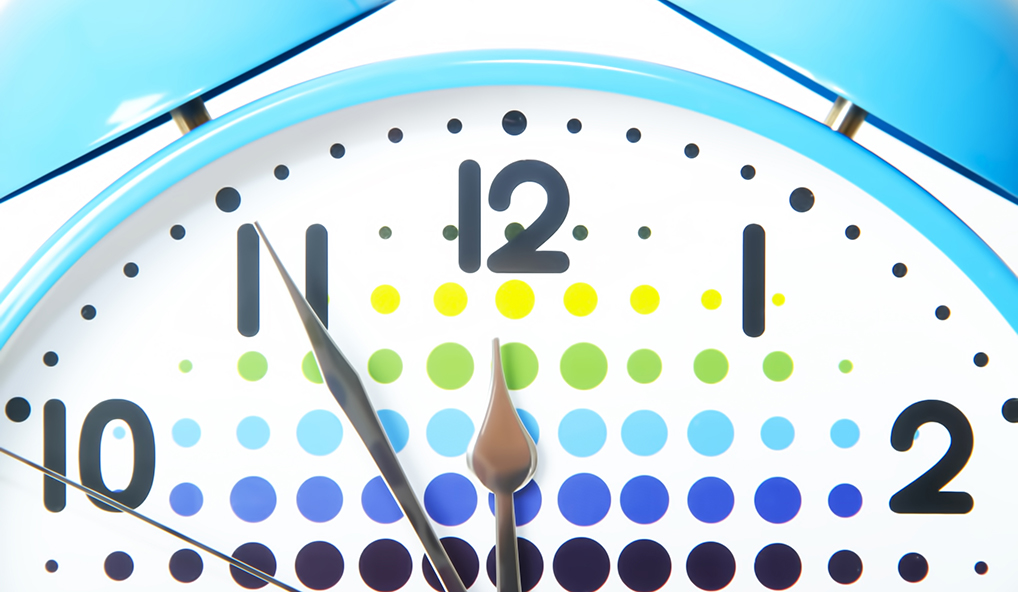How to work with your body clock
Your body clock isn’t only responsible for making you feel alert or sleepy, it can also boost or lower your mood. Martha Roberts explains

The aim:
Increase levels of happiness by working with your body clock to do things at the ‘right’ time.
The theory:
Why is it that we wake up when it is light, and feel sleepy when it is dark? It is all down to our body clock, which dictates many aspects of our wellbeing, including the sleep-wake cycle. The body clock, or circadian clock, is a group of brain cells that turn on and off to help other parts of the body track time.
Research shows that our circadian clock also tells us when it is the best time to do things, from exercising (3pm to 6pm), tweeting a positive message (8am to 9am), or enjoying a nap (daytime sleepiness peaks at 2pm).
But, can our body clock also impact on our happiness? Research suggests that going along with our body clock can boost wellbeing, while fighting it can be detrimental. A 2015 study at the Soon Chun Hyang University Hospital
in South Korea, found that shift workers were significantly more likely to have depression.
And, according to a 2012 study, night workers also suffer impaired thinking. Experts found that, after a night shift, doctors remembered significantly fewer words than those working a day shift. What is more, recent research discovered that gene activity in the brains of depressed people did not follow healthy 24-hour cycles. So, without a doubt, our body clocks are linked to our mental wellness, and therefore our happiness.
Try this:
- Spend time outside. Being outdoors in daylight helps to reset your body clock and get you into a positive routine. If you want to be more alert in the morning and wake up earlier, get lots of light in the morning. Lots of light in the afternoon will help you stay up later at night.
- Get into a routine. Your body clock is a bit like a mechanical clock – if you don’t give it any cues, it will get half an hour later each day. It needs adjusting to stop this. The way to do this, is to check it against the environment, for example, going out in daylight, not looking at screens late at night, and allowing yourself to have a nap if you need it.
- Keep warm. It’s known we perform best in the late morning, with memory, focus and alertness improving as body temperature rises.
- Shift from shift work. Not everyone has the option but, if you have the chance to switch to a daytime pattern, take it. Light is the primary consideration in setting our internal clock.
More inspiration:
Read about the power of your body’s clock, here.
Photograph: iStock








